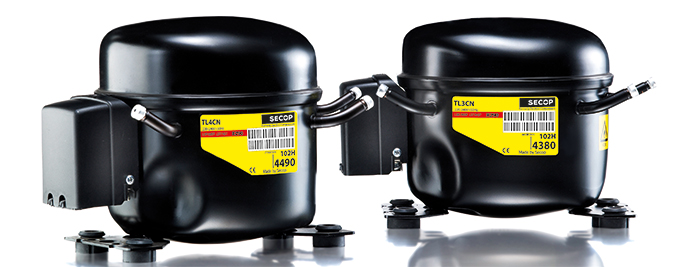A Guide To Reciprocating Compressors
Reciprocating compressors are one of the most important systems used in production facilities. From petrochemical plants, to oil refineries, gas pipeline there are many industries that are reliant on reciprocating compressors. Consequently understanding how reciprocating compressors work and their advantages is critical information.
How Reciprocating Compressors Work
Basically a reciprocating compressor uses pistons that are driven by a crankshaft to move gases at high pressure. The first step in this process is the intake of gas as it enters the suction manifold. This gas then moves into the compression cylinder. Here the piston compresses the gas as it is driven by crankshaft which produces the reciprocating motion. The gas is then discharged.
The Advantages Of Reciprocating Compressors
One of the key advantages of reciprocating compressors is that the initial cost of installing them is typically lower. Reciprocating compressors are particularly popular in oil and gas operations due to their relatively low maintenance costs and their ability to provide continuous flow. Another advantage of reciprocating compressors is their ability to produce both high power and high pressure. Typically a reciprocating compressor can produce more than 500hp in power and 400 bar pressure. Finally reciprocating compressors do not suffer from the problem of oil carry over.
Situations Suited To A Reciprocating Compressor
Reciprocating compressors are mostly commonly employed when there is a need for a high compression ratios without high flow rates. Typically the process fluid will also be comparatively dry. In contrast centrifugal designs are typically used for wet gas compressors and rotary compressors are more suited when compressed air is required.
Types Of Gases Compressed By Reciprocating Compressors
As noted already reciprocating compressors are used in a wide range of industrial operations. Some of the types of gas they are used to compress include hydrogen and oxygen for chemical processing, air for used in tool and instrument systems, hydrocarbon fractions used in refining and various other gases used in transmission and storage.
Conclusion
Reciprocating compressors are a critical piece of equipment in a wide range of industrial facilities. Reciprocating compressors have significant advantages over other types of compressors including cost, efficiency and their ability to produce both high pressure and power.
Webtip: www.secop.de

